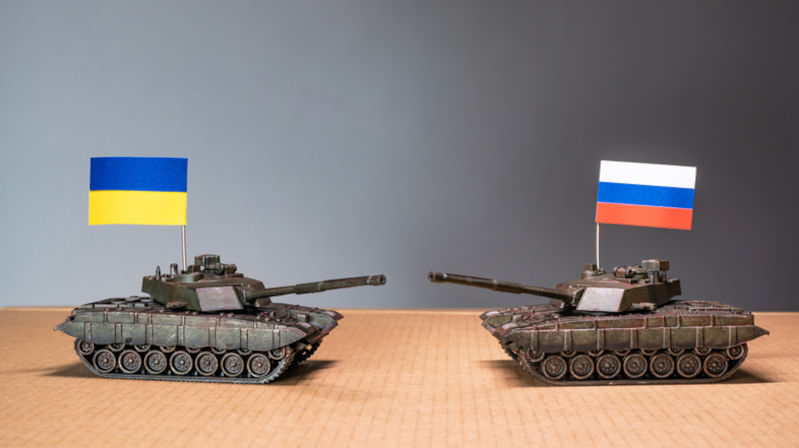BBC reporting on Ukraine
June 15, 2024
The BBC has a loose bolt somewhere. It has now begun a strange campaign saying it is dedicated to non-spin reporting.
The slogan is ‘Absolutely no spin.’ It says it will deliver us to an ‘unspun world.’ To which I would say ‘if only that were true.’
But at times it can be true. Take for example the beginning of the war in Ukraine. Immediately after the 2014 Maidan events, in best BBC tradition it ran several remarkable documentaries showing how unarmed citizens in pro-Russian eastern Ukraine had turned out in numbers to dissuade Kiev army units from entering their towns. In the large town of Slovyansk the BBC showed us in detail how the pro-Russians had even managed to persuade Kiev’s soldiers to surrender and hand over their weapons.
But this admirable un-spun reporting made a 180 degree change when London’s position turned anti-Russian. The BBC reporter, Ros Atkins, who in 2014 had reported in depth on the danger posed by neoNazi and other anti-Russian extremist groups operating in Ukraine was able with full seeming sincerity in 2021 to look into the cameras and tell us how reports of dangerous pro-Nazi forces in Ukraine were greatly exaggerated.
BBC reporting since has been unblinkingly anti-Moscow. It is no secret that BBC reporting rarely strays far from the official line.
The strange no-spin campaign coincided with some reporting entitled ‘Dissent in Russia.’ It focussed on a Russian family in the provincial town of Ivanova which had turned their house into a library for Gorge Orwell’s 1984 with his other books, and held meetings on the need to allow freedom of speech.
That the authorities had eventually shut the exhibition down was hardly a surprise. What was a surprise was that they had delayed so long in doing so as to allow the BBC’s Moscow correspondent time to get to the town and report in depth on the family and the event.
If the BBC really wants anti-Putin material it should look more closely at the serious pro-Moscow commentators in Russia and elsewhere who have criticised Putin for his eight year delay in moving against the anti-Russian regime in Kiev.
The delay not only allowed Kiev time enough to build up its forces and to link up with a Nato seeking to pose a nuclear threat to Moscow; it also gave Ukraine’s neo-Nazis eight years to turn pro-Russian eastern Ukraine into a shooting gallery, with some 18,000 killed during the time it took Putin to realise he had been deceived by Paris, Berlin and their 2014 Minsk Accords with their false promises of security and autonomy for the population in much of eastern Ukraine.
When Putin finally made his February 2022 military move against Kiev to end the killings of pro-Russians and show his anti-NATO resolve, he followed this up almost immediately with his April 2022 offer of Istanbul talks for a peace agreement to confirm Ukrainian neutrality. Kiev accepted the offer, but by this time Britain’s Boris Johnson had had time to intervene and persuade Kiev to cancel the agreement.
And so began a war of massive destruction and which could well have had a nuclear ending - if Putin had not dilly-daddled for so long.
But don’t expect to see much of this detail on the BBC which like so many others now can only repeat mantras about Moscow’s unprovoked aggression.

